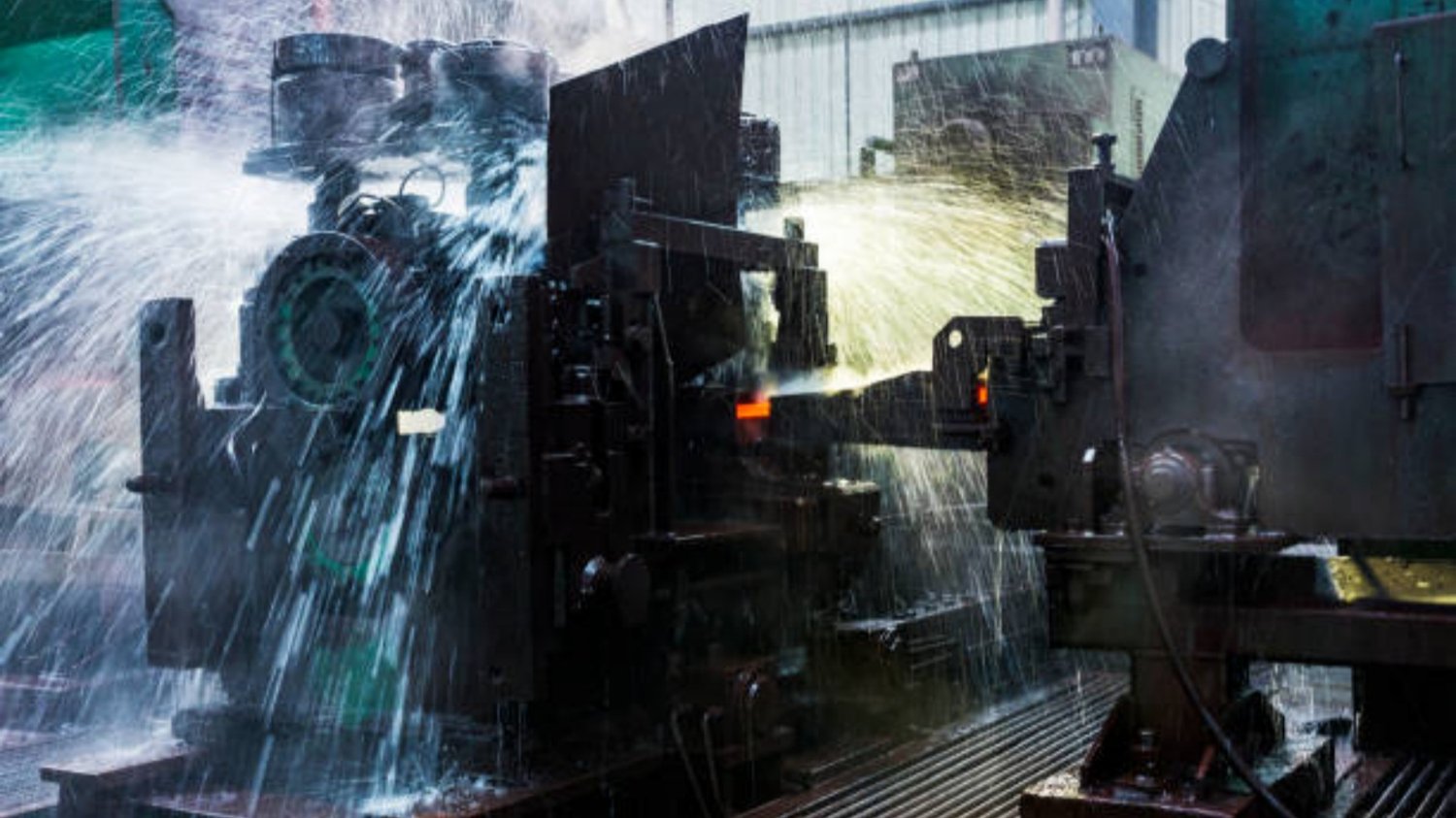What is a metal forming machine?
A metal forming machine is a crucial piece of equipment used in the manufacturing industry to shape and manipulate metal materials into various forms. These machines play a vital role in the production of a wide range of metal products, from automobile components to household appliances. In this article, we will explore the different aspects of metal forming machines and their significance in the manufacturing process.
The Basics of Metal Forming
Metal forming, as the name suggests, involves the shaping and transforming of metal materials through various processes. These processes can include bending, stretching, rolling, punching, and extruding, among others. Metal forming machines are designed to perform these operations efficiently and accurately, ensuring high-quality outputs.
The Functionality of Metal Forming Machines
Metal forming machines are engineered to handle different types of metal materials, such as steel, aluminum, copper, and brass. These machines employ various mechanisms and tools to shape the metal, including dies, punches, rollers, and molds. The choice of machine and its specific components depend on the desired outcome and the properties of the metal being formed.
The Importance of Metal Forming Machines in Manufacturing
Metal forming machines are indispensable in the manufacturing industry for several reasons. Firstly, they allow for mass production of metal components with consistent quality, reducing human error and increasing efficiency. Secondly, these machines enable manufacturers to create complex and intricate shapes that would be difficult or impossible to achieve manually. Moreover, metal forming machines offer flexibility, as they can be programmed to produce different shapes and sizes, making them adaptable to various production needs.
Types of Metal Forming Machines
There are several types of metal forming machines, each designed to perform specific functions. Some common types include:
- Press Brakes: Press brakes are used to bend and shape metal sheets into desired angles and forms.
- Roll Forming Machines: Roll forming machines are used to shape continuous metal strips into specific profiles and cross-sections.
- Stamping Presses: Stamping presses use dies and punches to cut and shape metal sheets into required shapes.
- Extrusion Machines: Extrusion machines force metal materials through a die to create long, continuous shapes with a consistent cross-section.
- CNC Machines: Computer Numerical Control (CNC) machines are programmable metal forming machines that offer high precision and repeatability.
The Advantages of Using Metal Forming Machines
Using metal forming machines in the manufacturing process offers numerous advantages. Firstly, these machines improve productivity by automating repetitive tasks, reducing production time, and increasing output. Secondly, they ensure consistent quality and precision, minimizing defects and rework. Additionally, metal forming machines enhance workplace safety by reducing the need for manual handling of heavy materials and performing hazardous operations.
Factors to Consider When Choosing a Metal Forming Machine
Choosing the right metal forming machine for a specific application requires careful consideration of various factors. Some key factors to keep in mind include:
- Material Type: Different machines are suitable for processing different types of metals, so understanding the material requirements is essential.
- Machine Capacity: Evaluating the machine's capacity in terms of production volume, size, and thickness of materials is crucial.
- Automation and Programming: Depending on the production needs, considering the level of automation and programmability of the machine is important.
- Cost and Return on Investment: Assessing the machine's cost, maintenance requirements, and potential return on investment is vital for making an informed decision.
Metal Forming Machines: A Driving Force in Manufacturing
As technology continues to advance, metal forming machines play an increasingly significant role in the manufacturing industry. They enable efficient and precise production of metal components, contributing to the development of various sectors, including automotive, aerospace, construction, and electronics. The continuous evolution of metal forming machines ensures that manufacturers can meet the ever-growing demands of the global market.
Conclusion
Metal forming machines are essential tools for shaping and manipulating metal materials in the manufacturing process. They offer numerous advantages, including increased productivity, consistent quality, and workplace safety. Understanding the different types of metal forming machines and considering various factors when choosing the right one is crucial for successful production. With their ability to create complex shapes and handle different metal types, metal forming machines continue to drive innovation and progress in the manufacturing industry.

